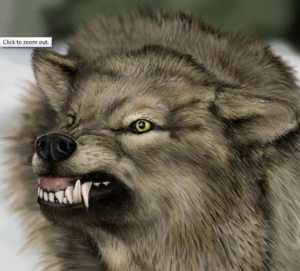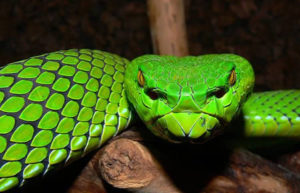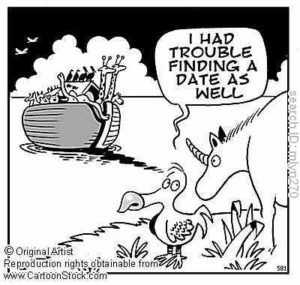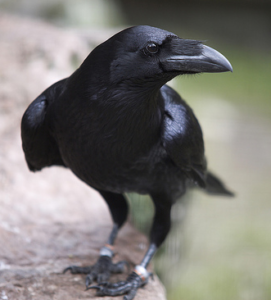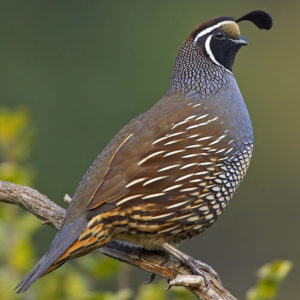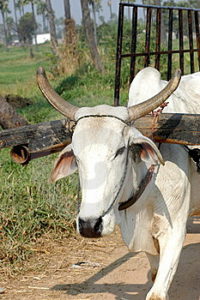For the past few weeks, I have been writing on the topic of Bible Animals, starting with the Ant, the Bee, the Caterpillar … all the way to the Wolf. I could not find any animal mentioned in the Bible, with a name that started with the letter ‘X’, ‘Y’ or ‘Z’. So in concluding this series, I feel it is only appropriate to complete it with the most priceless creature in all of God’s creation and that is “Man”.
The man who was created by God was called Adam, which simply means “the man”. ‘The Man’ was created in God’s image (imago Dei), and of all Bible Animals, ‘The Man’ was the only one created in the image of the creator, making ‘The Man’ to be the Apex of all creation. Man was given dominion and authority over plants and other animals that God created. However, many a times we (‘The Man’) act as an ex-Ape and not the Apex.
Next time, we find ourselves musing over, who we are and if we feel discouraged, remember that we are made in the image of God. i.e., if God was to look into a mirror, he would be seeing us.
Don’t be discouraged, we are all fearfully and wonderfully made, we are made the Apex of God’s creation.
Psalm 139: 13-18 (KJV)
13 For thou hast possessed my reins: thou hast covered me in my mother’s womb.
14 I will praise thee; for I am fearfully and wonderfully made: marvellous are thy works; and that my soul knoweth right well.
15 My substance was not hid from thee, when I was made in secret, and curiously wrought in the lowest parts of the earth.
16 Thine eyes did see my substance, yet being unperfect; and in thy book all my members were written, which in continuance were fashioned, when as yet there was none of them.
17 How precious also are thy thoughts unto me, O God! how great is the sum of them!
18 If I should count them, they are more in number than the sand: when I awake, I am still with thee.


